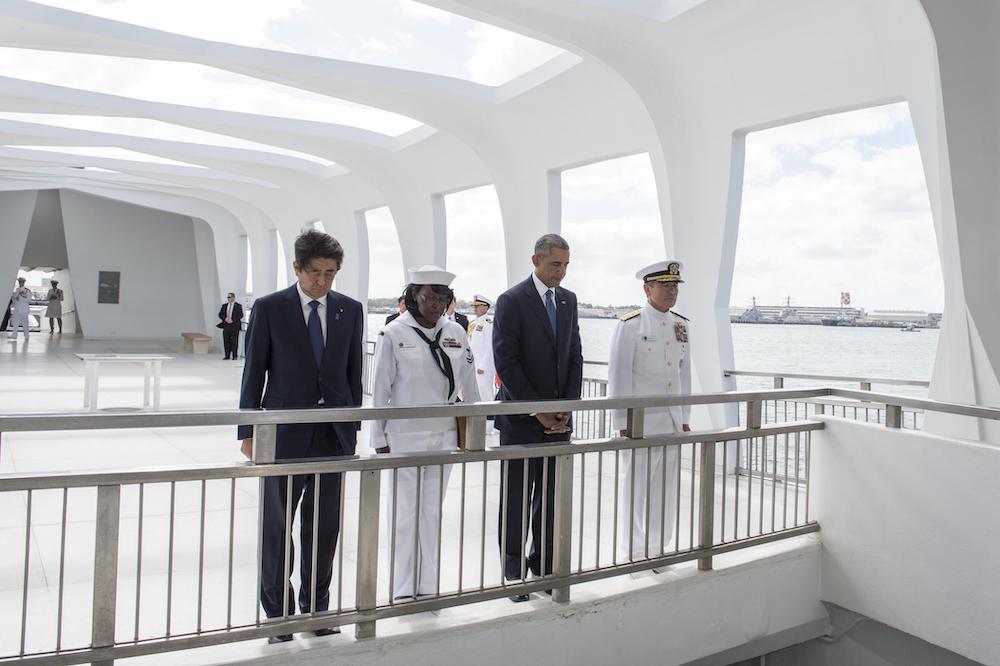- Comeback After Collapse
In 2007, Abe resigned as Prime Minister due to illness. Many viewed him as politically finished.
Yet in 2012, he made a dramatic return. His unprecedented second chance inspired many Japanese who had once lost confidence in themselves.
- “Japan is back” – A Message to the World
In January 2013, Abe declared “Japan is back” at CSIS in Washington. For many Japanese abroad,
it was a powerful moment of pride and reassurance, seeing their country speak with strength and clarity.
- Japan’s Longest-Serving Postwar Prime Minister
His second term lasted over 7 years—the longest in postwar Japanese history. This brought rare political stability and a consistent voice for Japan on the global stage.
- Championing the Free and Open Indo-Pacific
Abe emphasized cooperation among democratic nations, laying the foundation for the Quad partnership (Japan, U.S., Australia, India) and raising Japan’s strategic presence in the region.
- Leading TPP Without the U.S.
After the U.S. withdrew from the TPP, Abe led the remaining countries to form TPP-11. He demonstrated Japan’s capacity to lead in global trade.
- A Reformer Who Embraced Difficult Challenges
From education and corporate governance to women’s empowerment, Abe pursued long-term reforms with a clear vision of Japan’s future competitiveness.
- Symbol of Reconciliation and Peace
Abe visited Pearl Harbor with President Obama and welcomed him to Hiroshima—moments that drew global attention and embodied a commitment to peace.
- Transforming Japan’s Security Policy
By allowing limited collective self-defense through new legislation, Abe redefined Japan’s postwar defense posture and international responsibility.
- Diplomatic Balance with Trump and Xi
Even during global instability, Abe skillfully maintained relations with both President Trump and President Xi, showcasing his diplomatic acumen.
- A Source of Pride for Young Japanese Abroad
To many Japanese living overseas, Abe symbolized a more confident and proactive Japan. His leadership helped them reclaim a sense of national pride.
Personal Reflection from a Japanese Abroad:
“When I was studying in Washington, I watched Abe deliver his ‘Japan is back’ speech. For the first time, I felt that Japan was speaking to the world—with confidence. It made me proud of my country.”
Akiko Kawai
Boston Global Forum

Abe was the first Japanese prime minister to visit the USS Arizona Memorial